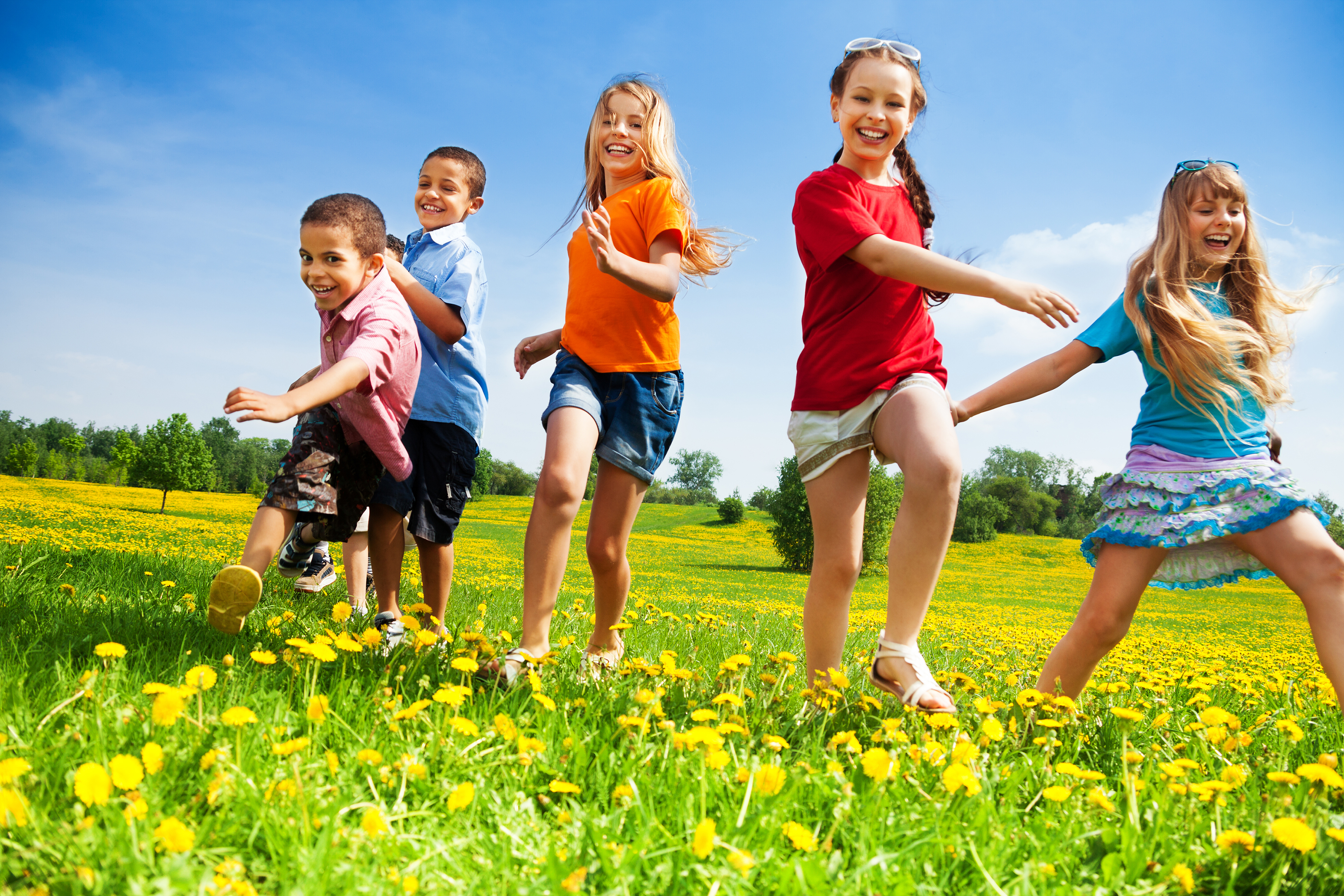When it comes to your child’s health and wellness, these tips will help to keep them on track.
Family-Friendly Physical Activities for Your Health and Wellness
By Christine C. Greves, MD, Orlando Health
As a parent, you lead by example, and this truth also extends to healthy eating and exercise.
Children often learn more from what you do than what you say, so if you urge them to eat their vegetables but then indulge in something that’s not so healthy, they will notice and want it, too. The same thing goes for exercise. Between juggling the responsibilities of parenting, managing a household, work and other extended family and social obligations, it can be challenging to find time to exercise. The best way to make time for it, while not sacrificing time with your kids or spouse, is to make exercise a family activity. It’s the perfect way to show your kids the importance of being fit while building healthy habits they’re more likely to carry on into adulthood.
If you’re unsure of how to start with boosting your child’s health and wellness, here are some ideas.
Other family-friendly physical activities:
- Browse a local farmer’s market
- Visit a local or state park
- Take a day trip to the beach
- Go to Cape Canaveral to see a rocket launch
- Canoe the Wekiva River
- Take a walk around Lake Eola
- Visit a seasonal festival (strawberry festival, corn mazes, etc.)
- Look for a family-friendly 5K
- Go to the antique fair at Renninger’s
- Go camping
- Build a fort in your backyard
- Visit an Orange County park splash pad
- Check out free events at the fairgrounds
Physical activity is an important part of a healthy lifestyle. Make it fun by doing it with the entire family. Your kids will benefit, and so will you.
Health and Wellness: Brain Food 101
When it is crunch time and exam day arrives, energy and focus are a must. Most teenagers opt for coffee or an energy drink in order to study and stay awake, but they might be setting themselves up for trouble. If your teen drinks too much caffeine (and some experts think the caffeine in just in energy drink can is too much)it may cause him or her to be jittery and then crash. If caffeine is needed for an energy source, green tea offers natural caffeine that won’t cause a mental crash later.
For optimal health and wellness, encourage your teen to wake up earlier and eat a good breakfast. A doughnut is not going to cut it. Studies say that fruit is the best thing to eat as it has natural sugars for energy, so the effects last all day instead of a quick burst followed by a quick bottoming out that often comes from consuming refined sugar. A bowl of cereal with milk and fresh fruit should do the trick.
Protein is good, but a hot breakfast could be too heavy, and heavy meals tend to cause drowsiness. Remind your teen to keep it light at lunch, too, if tests are later in the afternoon. Another tip: Make sure they drink lots of water and stay hydrated; dehydration may cause them to lose focus or feel sick during the test. Eating right will get them on the road to success, but the rest is up to them.
How to Recognize a Bullying Problem
By Tarre Beach
A teenage boy is called names. He is pushed and made fun of by other kids regularly. Mean things are posted about him on social media sites. He has no friends. He’s being bullied. As awful as all this sounds, it is a fact of life for many young people today.
According to StopBullying.gov, which provides information about bullying from a variety of government organizations, 28 percent of U.S. students in grades 6-12 experienced bullying and 20 percent of U.S. students in grades 9-12 experienced bullying. Only 20 to 30 percent of students who are bullied notify adults.
So how can you spot a bullying problem? Look for changes in the child. However, be aware that not all children who are bullied exhibit warning signs.
Some signs that may point to a bullying problem are:
- Unexplainable injuries
- Lost or destroyed clothing, books, electronics or jewelry
- Frequent headaches or stomach aches, feeling sick or faking illness
- Changes in eating habits, like suddenly skipping meals or binge eating. Kids may come home from school hungry because they did not eat lunch.
- Difficulty sleeping or frequent nightmares
- Declining grades, loss of interest in schoolwork, or not wanting to go to school
- Sudden loss of friends or avoidance of social situations
- Feelings of helplessness or decreased self-esteem
- Self-destructive behaviors such as running away from home, self harm or talking about suicide
Kids may be bullying others if they:
- Get into physical or verbal fights
- Have friends who bully others
- Are increasingly aggressive
- Get sent to the principal’s office or to detention frequently
- Have unexplained extra money or new belongings
- Blame others for their problems
- Don’t accept responsibility for their actions
- Are competitive and worry about their reputation or popularity
Source: U.S. Department of Health & Human Services
Concussions in Children
By Lyndsay Fogarty
Children are resilient, often bouncing back quickly from playtime injuries, but some bumps and bruises can’t be ignored. According to the Centers for Disease Control and Prevention, a concussion is a type of traumatic brain injury that is caused by a bump or blow to the head. While children who are involved in sports are at an increased risk for concussion, these injuries have many causes, including playground accidents and a fall from a bike.
Below are some signs and symptoms of a concussion as noted by the CDC. They can present right after an injury occurs or they could take several days or even weeks to appear. Immediate medical attention is necessary when these signs or symptoms occur.
Symptoms reported by the child:
- Headache or “pressure” in the head
- Nausea or vomiting
- Balance problems or dizziness
- Double or blurry vision
- Sensitivity to light
- Sensitivity to noise
- Feeling sluggish, hazy, foggy or groggy
- Concentration or memory problems
- Confusion
- Just not “feeling right” or is “feeling down”
Signs observed by parents/guardians:
- Appears dazed or stunned
- Is confused about assignment or position
- Forgets an instruction
- Is unsure of game, score or opponent
- Moves clumsily
- Answers questions slowly
- Loses consciousness (even briefly)
- Shows mood, behavior or personality changes
For the best interest of your child’s health and wellness, if they are recovering from a concussion, they should stay home from school to rest. Additionally, upon returning to school, your child’s teacher or other supporting faculty member can help determine if rest breaks or extra help with schoolwork is needed until they are fully recovered.
Source: Centers for Disease Control and Prevention




Comments